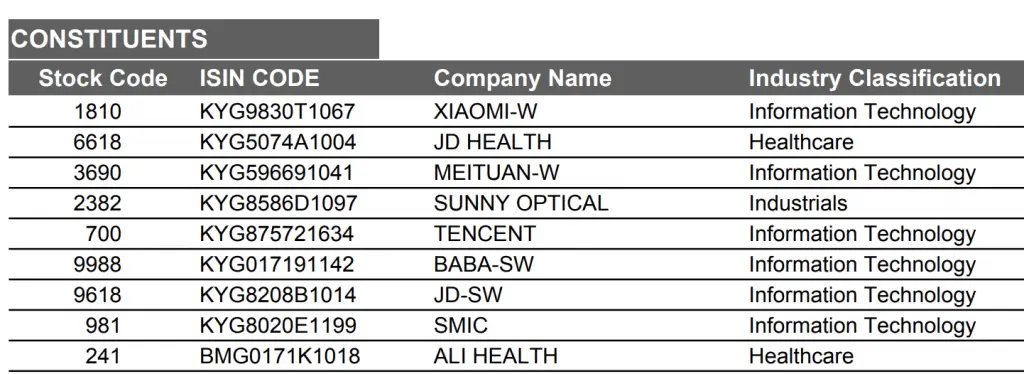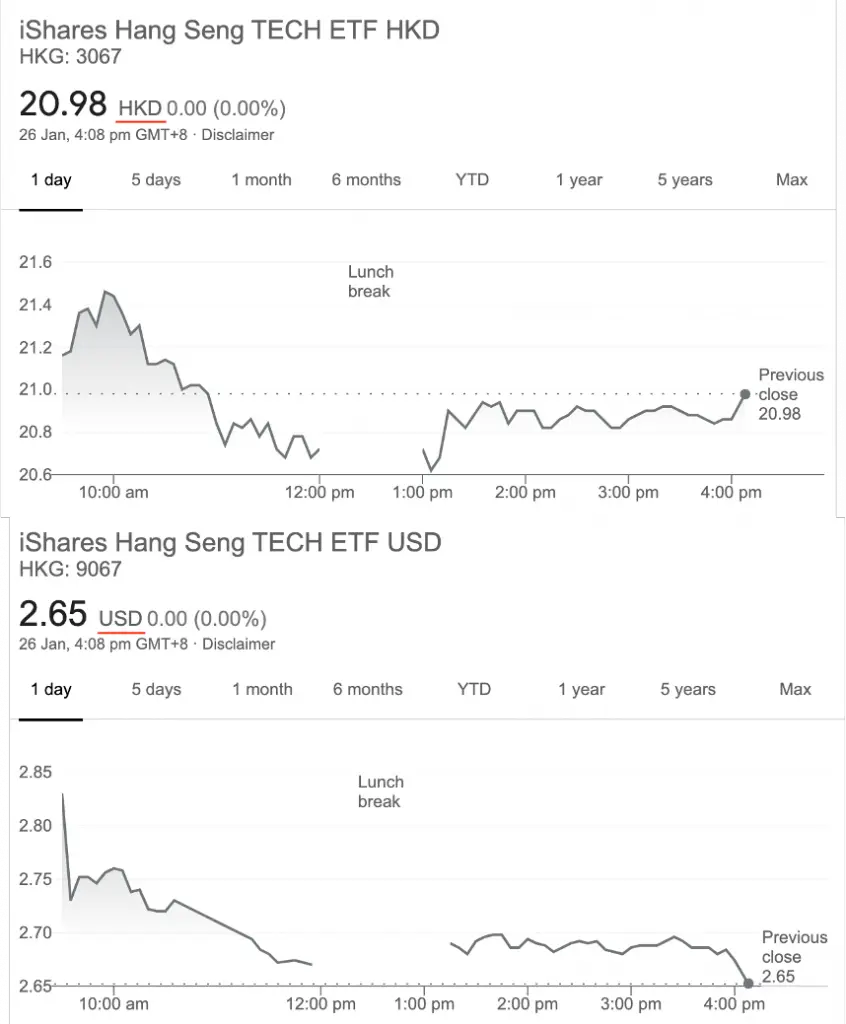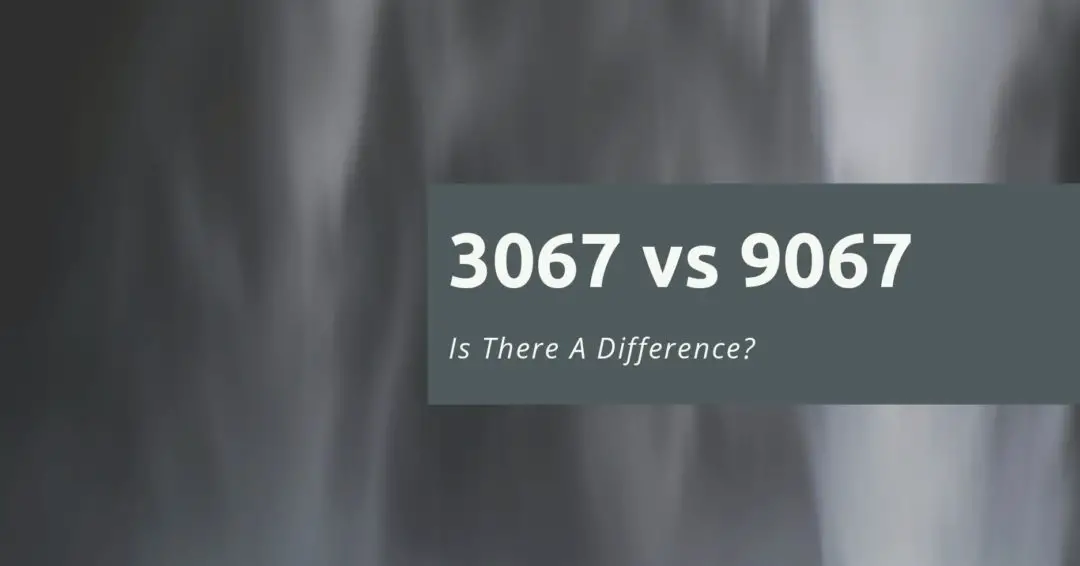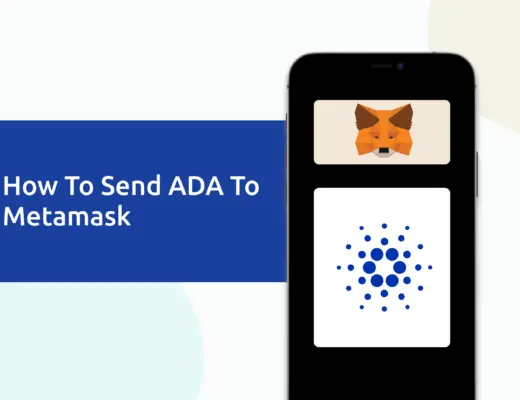Last updated on March 8th, 2022
You’ve decided to invest in the Hang Seng Tech ETF. However, you notice that BlackRock offers two ETFs (3067 and 9067) on the HKEX!
How are they different and which should you choose?
Contents
The difference between 3067 and 9067
3067 and 9067 are exactly the same ETF. However, 3067 is denominated in HKD while 9067 is denominated in USD. You should have a very similar performance between either ETF when you compare them in the same currency.
Here is an in-depth comparison between these 2 ETFs:
Fund manager
Both 3067 and 9067 are managed by BlackRock under the iShares family of ETFs.
Both of these ETFs were started in September 2020. As such, both of these ETFs are relatively new.
Both ETFs track the same index
Both 3067 and 9067 track the Hang Seng Tech Index.
This index represents the 30 largest technology companies listed in Hong Kong.
To be included in this index, companies have to:
- Have a high business exposure to technology themes
- Pass the index’s screening criteria
These companies all originate from Greater China, and they have to be listed on the Main Board of the HKEX.
They will also have to meet at least one of the 3 criteria below:
- Technology-enabled business (e.g. via internet / mobile platform)
- R&D Expense to Revenue Ratio ≥ 5%
- YoY Revenue Growth ≥ 10%
Here are some of the top holdings of this index:

This index was also created very recently in July 2020.
Both ETFs would hold the same stocks in the same proportion. As such, their performance should be very similar.
Different currency denomination
Both 3067 and 9067 are listed on the Hong Kong Stock Exchange (HKSE). However, 3067 is denominated in HKD, while 9067 is denominated in USD.

One thing you’ll need to take note of is that all of 9067’s assets are denominated in HKD.
If you invest in 9067, the fund manager will still need to convert your USD to purchase the stocks in HKD.
You can consider using Tiger Brokers to invest in the HKSE as it offers a minimum of 15 HKD per trade.
Performance is the same
If you want to compare the performance between 3067 and 9067, it may be slightly different based on the currency denomination.
However to make a fair comparison, you will need to compare the net asset value of both ETFs instead.

When you convert the NAV of 3067 from HKD to USD, it has exactly the same NAV as 9067 (2.68 USD)!
This is because both ETFs have the same holdings in the same proportion. This means that their net asset value should be very similar.
As such, you should not be too worried about comparing the performance of these ETFs against one another.
Dividend distribution is the same
Both 3067 and 9067 will distribute dividends semi-annually. However, this is done at the fund manager’s discretion.
Moreover, you should not be expecting much dividends from this ETF.
This is because most of the stocks in the index are tech stocks. They are aggressive growth stocks that would reinvest most of the profits into their company.
That way, these companies will continue to experience high amounts of growth!
As such, not receiving any dividends from this ETF may actually be a good thing.
Expense ratio
Since 3067 and 9067 are essentially the same ETF, they will have the same expense ratio as well.
The expense ratio helps to cover some of the expenses that the fund manager incurred while managing the fund.
Both ETFs have the same expense ratio of 0.20%. This is slightly higher than most S&P 500 ETFs which have an expense ratio of less than 0.1%.
As such, the cost of investing is the same even if you invest in either ETF.
Liquidity
If you are looking to actively trade using these ETFs, you may want to look at their liquidity. One of the indicators you may want to look at is the ETF’s trading volume.
Here are the trading volume for both ETFs listed on the HKEX:
| 3067 | 9067 | |
|---|---|---|
| Trading Volume | 257,000 | 294,000 |
Both ETFs have a rather similar trading volume for you to invest with them.
Verdict
There are so many similarities between these 2 ETFs. So which one should you invest in?
3067 is suitable if you live in Hong Kong
Your base currency is in HKD if you live in Hong Kong. As such, it may be better if you invest in 3067 instead.
This is because you do not need to exchange your HKD to another currency to start investing in this ETF!
By investing in 3067, you will save on any currency conversion fees you may incur. Moreover, you are not subject to any fluctuations in the exchange rate!
9067 is suitable if you live in the US
If you live in the US or other countries that have the USD as your base currency, 9067 may be the more suitable choice.
Again, you do not need to change your currency to another one. This means that:
- You do not incur any currency exchange fees
- You are not subjected to any currency fluctuations
Either ETF is suitable if your base currency is neither HKD or USD
If you live in other countries, your base currency will not be in USD or HKD. As such, you’ll still need to convert your base currency to either HKD or USD to invest in this Hang Seng Tech Index ETF.
It does not really matter which currency you choose. Ultimately, both ETFs will give you very similar returns!
If you are a Singaporean investor, you may want to consider the HST ETF instead.
Conclusion
3067 and 9067 are 2 different names for exactly the same ETF. In the end, the only thing you’ll need to consider between these 2 ETFs is the currency you wish to invest in!
Both of these ETFs track the Hang Seng Tech Index, and not the Hang Seng Index. You can check out my guide on buying the Hang Seng Index from Singapore for more information.
If you’re looking for a way to track the markets and your portfolio, you can consider using TradingView, which allows you to monitor more than 50 stock exchanges.

Do you like the content on this blog?
To receive the latest updates from my blog and personal finance in general, you can follow me on my Telegram channels (Personal Finance or Crypto) and Facebook.
Are you passionate about personal finance and want to earn some flexible income?




